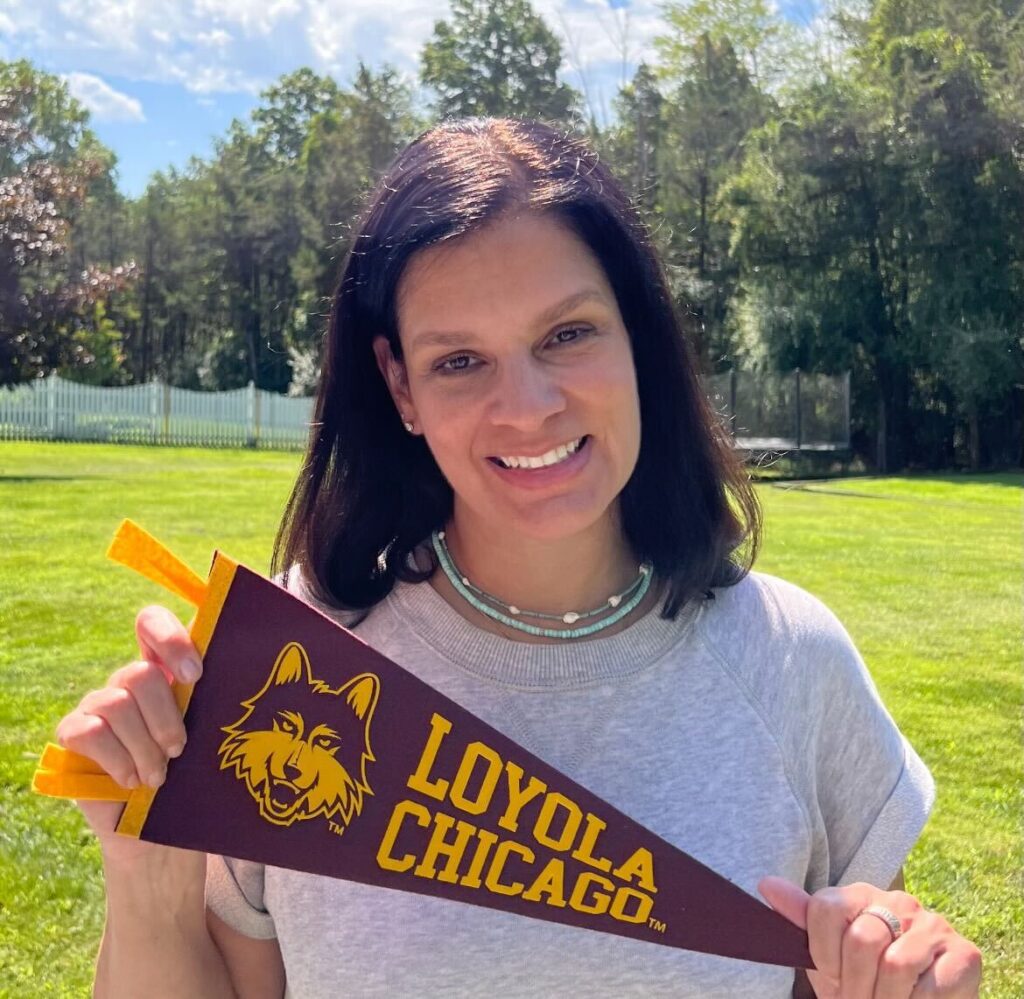Education has no timeline for older students returning to college or going for the first time.
‘I Feel Like I’m Just Getting Started’: Students Pursue The College Experience Later in Life
Media depictions of college often paint an experience lived between the ages 18 to 22. Images of 20-somethings with no professional experience and eyes unopened to the realities of adult life often come to mind as one reflects on the concept of university.
But for students who are pursuing degrees later in life, education has no timeline.
Third-year Jackie Gilbert returned to higher education at 53-years-old, pursuing a degree in applied psychology — after all four of her children had graduated from college.
“There was a little voice that said I was afraid, and maybe I shouldn’t and was I too old,” Gilbert said. “But I think you really have to go with your gut. You have to know yourself, and I think that it doesn’t matter if you’re 22 or 62.”
Gilbert said she had always wanted to pursue higher education but didn’t have the financial means after high school. By age 23, she was married with children. Her husband, who worked in the World Trade Center, died on 9/11. Resultantly, she said she prioritized her children’s education before her own for the next 20 years.
“As they started to graduate and I realized how much we accomplished, I knew it was going to be my turn,” Gilbert said.
Gilbert is part of Loyola’s School of Continuing and Professional Studies, a predominantly online program that seeks to help adult students “write energizing new chapters in their professional lives,” according to the SCPS website. Gilbert said taking classes online through SCPS gives her flexibility and time with her children.

Another SCPS student Phillip Franco said he appreciates the flexibility online classes provide older students with other obligations.
“I have to juggle two different priorities — my full-time working and picking up a part-time job to help pay for college,” third-year Franco, who works as a facilities supervisor and safety representative for Marine Corps Community Services, said.
The 28-year-old cited his first generation Mexican American identity as his motivation to pursue a bachelor’s degree in management on top of his existing associates degree in business administration.
“I noticed there’s a lack of Mexican American representation in business and especially in leadership roles,” Franco said. “That’s what I wanted to work towards.”
Franco said he wants other first generation Mexican American students to feel as empowered as he has felt returning to school.
“We can do it,” Franco said. “We can be trailblazers for our own community and our own people. We can become leaders.”
Fourth-year Stasia Holmes, who chose to take classes on campus rather than through SCPS, is pursuing a dual bachelor’s and master’s degree in social work. She said she feels less pressure at 35 years old to be perfect in front of her peers.
“I’m freer to ask stupid questions, which I do all the time, and that really centers the material and the learning,” Holmes said.
Having attended college for about two years after high school before switching fields, she said the life experience gained in the 12 years since has changed her understanding of education.
“I’m married, I have children, I have professional experience and skills,” Holmes said. “There’s this breadth of material that we learn in class that is just more relevant to me.”
Holmes said she didn’t expect to learn so much from her younger peers.
“I just thought, you know, I’m on a separate path and there might not be as much to relate about, but I feel so lucky to learn from young people,” Holmes said. “I think we’re all learning together.”
While SCPS provides students with ways to communicate with each other and form virtual relationships, it can be harder for older students on campus to find other older students.
Fellow fourth-year Melissa Beerbower said she’s unaware of any on-campus groups for adult students. Beerbower said she met Holmes in an environmental science class, where they realized they had similar life experiences.
“She asked me something about my previous education experience, and I was like, ‘Uh oh, I did that 15 years ago,’ and that’s how we found out that we’re about the same age,” Beerbower said.
The 34-year-old, who got a job as a nanny and housekeeper after high school instead of pursuing higher education, said she didn’t know what career options existed for her.
“I had academic interests and didn’t know what to do with them,” Beerbower said.
Beerbower — like most adults returning to school — is paying for college herself, which has slowed the process of obtaining a degree.
“By the time I’m done, I will have spent eight years getting my degree because of having to take gaps to earn more money,” Beerbower said.
Beerbower said her professors have been extremely helpful in guiding her throughout her time at Loyola. As an interdisciplinary honors student, she said honors professor Christopher Whidden paid particular attention to her academic success, taking time during office hours to teach her how to write blue book essays as a first-year in 2016.
Whidden wrote in an email to The Phoenix he aims to encourage older students to find the value in their experiences, as someone who has held multiple jobs may have faced similar situations to those presented in class.
“Having real-world experience can lead to deeper classroom discussions and more insightful papers when older students embrace, share, and evaluate their diverse experiences,” Whidden wrote.

Fourth-year SCPS student Matt DoBias went to college right after high school but never finished his degree. He has since pursued a career in journalism, but said he’s found lately that he can’t apply for jobs without checking a box saying he has a college degree.
“The algorithms automatically kick you out, and so jobs that I felt I otherwise would’ve been qualified for when I was looking just became impossible to get,” DoBias said.
When DoBias enrolled in SCPS, he chose to pursue a degree in strategic digital communications. The 53-year-old said he thought the major would align with his current career in journalism and wouldn’t challenge him too much.
“I was a little more confident that there wasn’t going to be a lot on a syllabus or in the classroom that was going to stump me in a lot of ways, and as it turns out, I’ve learned a lot that I never thought that I would,” DoBias said.
DoBias said he’s also enjoyed the feeling of self-confidence that comes with having real-world experience.
“I have had a pretty varied career in the work that I’ve done, and so I feel like I’m far more confident to do the classwork than I was the first time that I started out,” DoBias said.
Similarly, Gilbert said that returning to school has been the best thing she’s done for herself that didn’t have to do with her family. Now 54 years old, she said she plans to pursue a career in grief therapy.
“I’ve lived this life that I never planned for myself, and it changed me,” Gilbert said. “If I could turn around and pass that on to someone else and help pull them along, I just feel like I have to do that.”
Gilbert said the classes she’s taken through SCPS have gotten her excited for the years of schooling she has ahead of her once she starts on the counseling track.
“I feel like I’m just getting started,” Gilbert said.
Featured image by Holden Green / The Phoenix
Topics
Get the Loyola Phoenix newsletter straight to your inbox!



